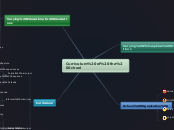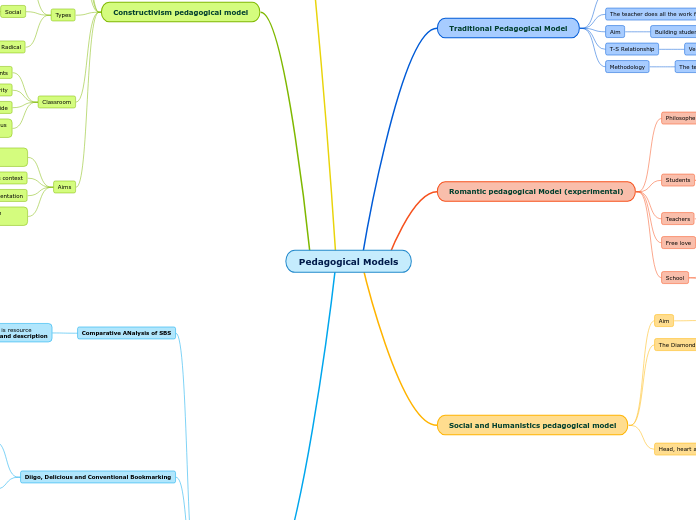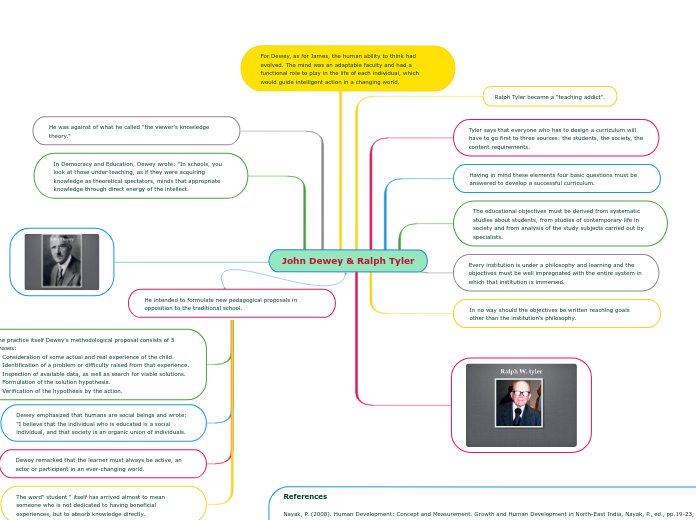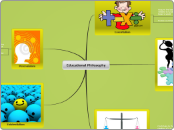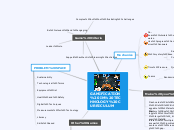作者:Stephanie Steeves 6 年以前
171
Curriculum of the School
The document outlines various philosophical orientations and educational theories that have influenced school curricula. It highlights the contributions of key figures like Adler, Hutchins, Brunner, Piaget, Vygotsky, Dewey, Rousseau, Holt, Bobbitt, and Bloom across different educational ideologies including Idealism, Pragmatism, Existentialism, and Realism.
